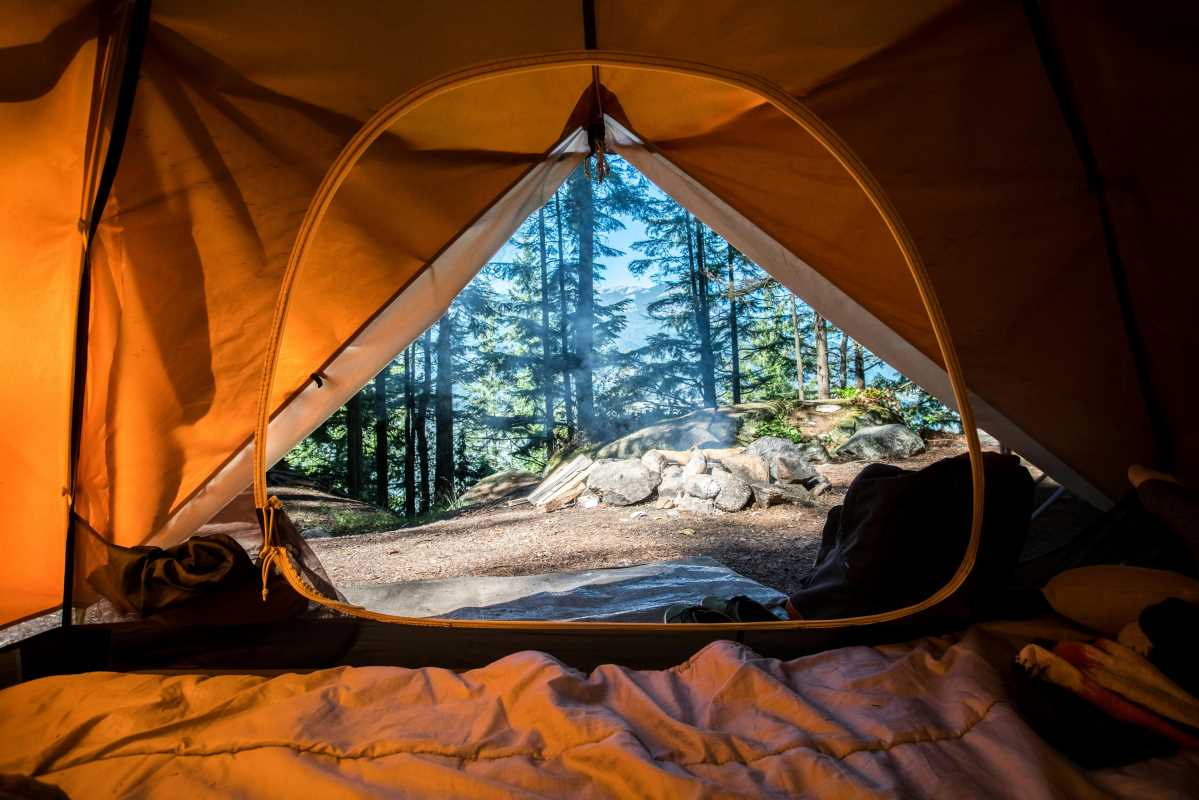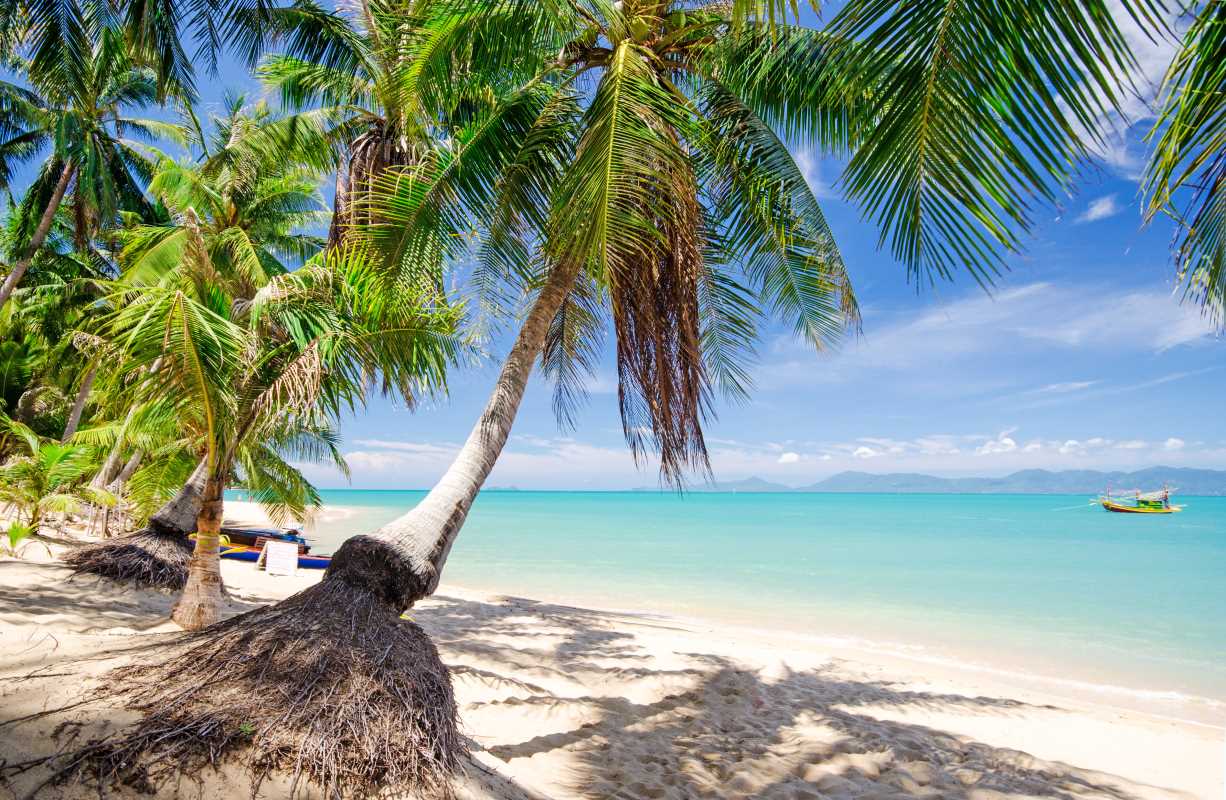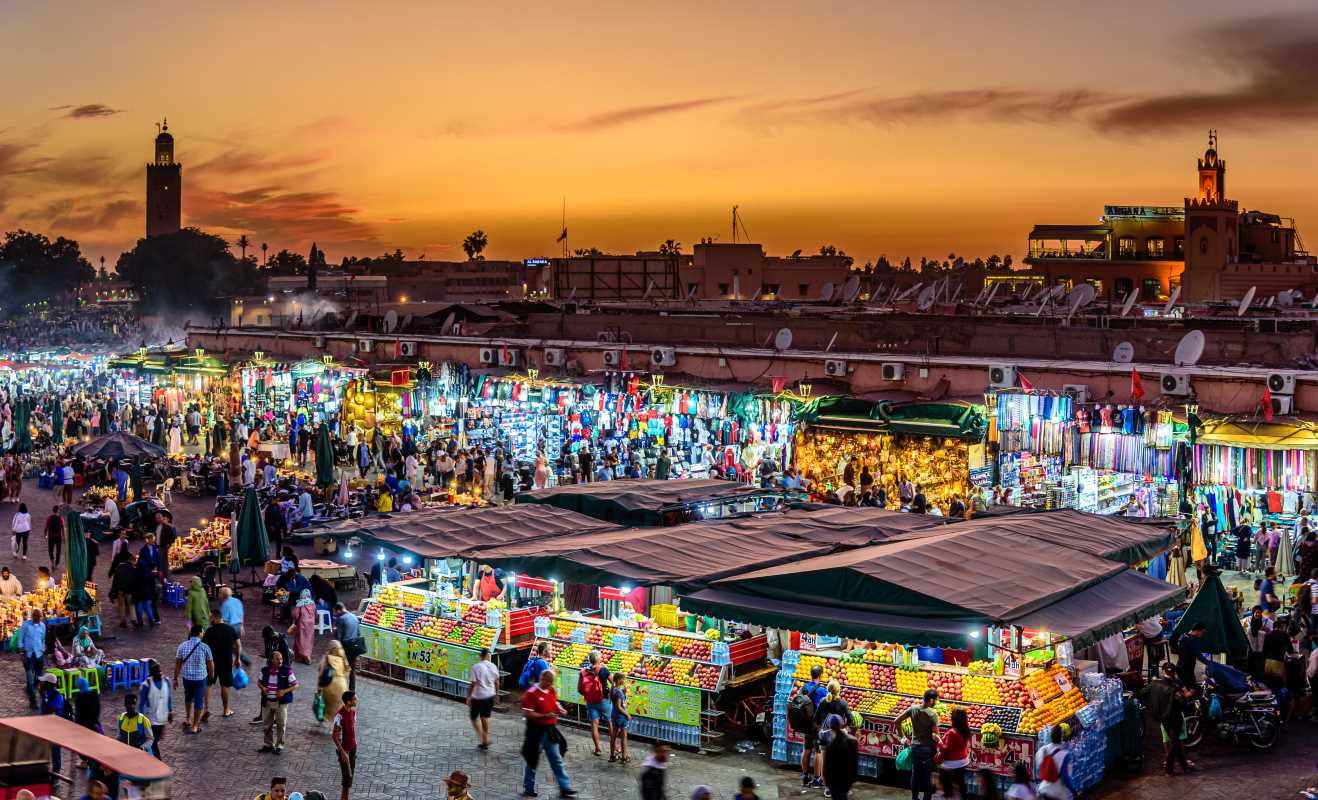In a world increasingly concerned with environmental conservation, sustainable travel has emerged as a key trend among travelers seeking to minimize their carbon footprint. Choosing accommodations that align with eco-friendly practices is a significant step toward promoting sustainable tourism. From luxurious eco-hotels to rustic farm stays, the variety of sustainable lodging options ensures that travelers can align their values with their adventures. This article delves into the importance of sustainable accommodations and explores diverse options to inspire your next eco-conscious journey.
The Importance of Sustainable Accommodation
As travelers venture out to explore the world, they face a pivotal decision: to travel responsibly and minimize their impact on the planet or contribute to the growing challenges of environmental degradation. Accommodation choices play a significant role in this equation, as the hospitality industry substantially contributes to global energy consumption, waste production, and greenhouse gas emissions. Opting for sustainable lodging offers a proactive way to counter these challenges while enriching the travel experience.
Reducing Environmental Impact
Sustainable accommodations are designed with the environment in mind, implementing innovative practices to minimize their ecological footprint. These measures include:
- Energy Efficiency: Utilizing renewable energy sources such as solar or wind power, energy-efficient appliances, and smart thermostats.
- Water Conservation: Installing low-flow fixtures and rainwater harvesting systems and encouraging guests to reuse towels and linens.
- Waste Reduction: Eliminating single-use plastics, composting organic waste, and offering extensive recycling programs.
For example, the Soneva resorts in the Maldives and Thailand are known for their zero-waste programs and reliance on solar energy, demonstrating that luxury and sustainability can coexist. Travelers actively contribute to reducing the hospitality industry's environmental footprint by choosing accommodations that prioritize these practices.
Supporting Local Economies
Sustainable accommodations often source goods and services locally, providing economic support to surrounding communities. This approach has multiple benefits:
- Empowering Small Businesses: Hotels and lodges that purchase food, crafts, and other supplies from local vendors stimulate the regional economy and create jobs.
- Preserving Cultural Heritage: By incorporating local art, architecture, and traditions into their design and services, sustainable accommodations promote cultural preservation and showcase the uniqueness of their destination.
For instance, eco-lodges in Costa Rica often employ local guides, chefs, and artisans, ensuring that tourism dollars remain within the community and benefit its residents. This approach fosters a deeper connection between travelers and the places they visit, enriching the travel experience while contributing to economic sustainability.
Enhancing the Travel Experience
Sustainable accommodations provide more than just a place to stay—they offer an immersive and meaningful experience that aligns with modern travelers' values. Some of the unique ways they enhance travel include:
- Connecting with Nature: Eco-lodges and off-grid cabins are often situated in stunning natural settings, allowing guests to enjoy pristine environments while promoting conservation efforts.
- Cultural Immersion: Many sustainable accommodations integrate local traditions, cuisine, and activities into their offerings, enabling travelers to gain authentic insights into the destination.
- Fostering Mindfulness: The intentional design of eco-friendly lodgings encourages guests to slow down, appreciate their surroundings, and reflect on their environmental impact.
For example, the Inkaterra Machu Picchu Pueblo Hotel in Peru provides luxurious accommodations, nature walks, orchid tours, and opportunities to participate in conservation initiatives. Such experiences create lasting memories while fostering an appreciation for sustainability.
A Call to Action for Responsible Travel
Choosing sustainable accommodations is more than an ethical decision—it’s an opportunity to make a tangible difference. By reducing environmental impact, supporting local economies, and enhancing the travel experience, eco-conscious lodging helps pave the way for a more sustainable future in tourism. Travelers can shape the industry by demanding and supporting businesses that prioritize sustainability, turning each trip into a step toward global environmental and cultural preservation.
Eco-Friendly Hotels: A Green Gateway
Eco-friendly hotels are leading the charge in sustainable tourism. These establishments incorporate innovative practices to reduce their ecological footprint.
Key Features of Eco-Friendly Hotels:
- Renewable Energy Use: Solar panels and wind turbines power operations.
- Water Conservation: Low-flow fixtures and gray water recycling systems.
- Waste Management: On-site recycling, composting, and minimal use of single-use plastics.
Notable Example:
The Bardessono Hotel in Napa Valley, California, is a LEED Platinum-certified hotel that uses geothermal heating, solar energy, and sustainable materials.
Tips for Travelers:
- Look for certifications such as LEED or Green Key to ensure a hotel meets eco-friendly standards.
- Check if the hotel has partnerships with local conservation initiatives.
Off-Grid Cabins: Escape Into Nature
For those craving a deeper connection with the environment, off-grid cabins provide an unparalleled experience. Nestled in remote locations, these cabins operate independently of traditional power grids.
What Makes Them Sustainable?
- Renewable Energy Sources: Solar panels, wind turbines, or hydropower.
- Minimal Environmental Disruption: Cabins are often built using local, sustainable materials.
- Conservation Practices: Composting toilets and rainwater collection systems.
Benefits for Travelers:
- Escape urban noise and pollution.
- Engage in activities like hiking, birdwatching, or stargazing.
- Develop an appreciation for simpler, eco-conscious living.
Sustainable Hostels: Budget-Friendly and Eco-Conscious
Hostels, known for their affordability, are increasingly adopting sustainable practices to attract environmentally conscious travelers.
Green Practices at Sustainable Hostels:
- Energy Efficiency: LED lighting and motion-sensor switches.
- Community Engagement: Programs encouraging guests to participate in local cleanup or conservation projects.
- Shared Facilities: Reduced resource consumption through communal kitchens and dorm-style rooms.
Popular Sustainable Hostel:
The Treehouse Hostel in Nicaragua combines eco-consciousness with community living by offering treehouse accommodations and organic meals sourced locally.
Treehouse Retreats: Elevated Sustainability
Treehouse retreats combine childhood nostalgia with environmental responsibility, allowing travelers to stay among the treetops.
Environmental Benefits:
- Built with minimal land disruption.
- Constructed using reclaimed or sustainably harvested wood.
- Promotes biodiversity by preserving natural surroundings.
Example:
The Treehotel in Sweden features unique, sustainable treehouses that blend seamlessly with the forest.
Experience Highlights:
- Spectacular views of forest canopies.
- Unique activities like zip-lining and treetop yoga.
- A deeper connection to nature.
Farm Stays: Sustainable Living in Action
Farm stays allow travelers to immerse themselves in rural life and gain firsthand experience of sustainable agriculture practices.
Activities and Features:
- Hands-On Learning: Guests can participate in gardening, animal care, or cheese-making.
- Farm-to-Table Dining: Meals made with fresh, locally grown ingredients.
- Eco-Friendly Practices: Many farm stays use renewable energy and practice composting.
Example:
Agriturismo Il Palagetto in Tuscany, Italy, combines organic farming with luxury accommodations, offering cooking classes and vineyard tours.
Understanding Certifications in Sustainable Tourism
Choosing accommodations with recognized eco-certifications ensures a commitment to sustainability. Look for labels like:
- LEED (Leadership in Energy and Environmental Design)
- EarthCheck Certification
- Green Globe
The Role of Technology in Sustainable Lodging
Technology has revolutionized eco-tourism by enabling:
- Smart thermostats to reduce energy use.
- Apps that help travelers find sustainable lodgings.
- Online carbon calculators for planning eco-friendly trips.
The Future of Sustainable Accommodations
As sustainability becomes mainstream, innovative trends are emerging:
- Floating eco-hotels powered by tidal energy.
- Urban farms integrated into hotel designs.
- Zero-waste lodgings with circular economy practices.
Tips for Choosing Sustainable Accommodations
- Do Your Research: Check reviews, certifications, and accommodations practices before booking.
- Ask Questions: Inquire about sustainability measures directly with the property.
- Support Local: Opt for accommodations that prioritize local sourcing and hiring.
- Pack Responsibly: Bring reusable water bottles and eco-friendly toiletries, and avoid single-use plastics.
A Step Toward Responsible Travel
Sustainable accommodations are a vital component of eco-friendly tourism. Whether it’s the modern luxury of an eco-friendly hotel, the simplicity of an off-grid cabin, or the community engagement of a farm stay, there are options for every type of traveler. By making conscious choices in where we stay, we contribute to preserving the planet while enjoying unique and enriching travel experiences. Embrace sustainable travel and let your next adventure positively impact the world.







